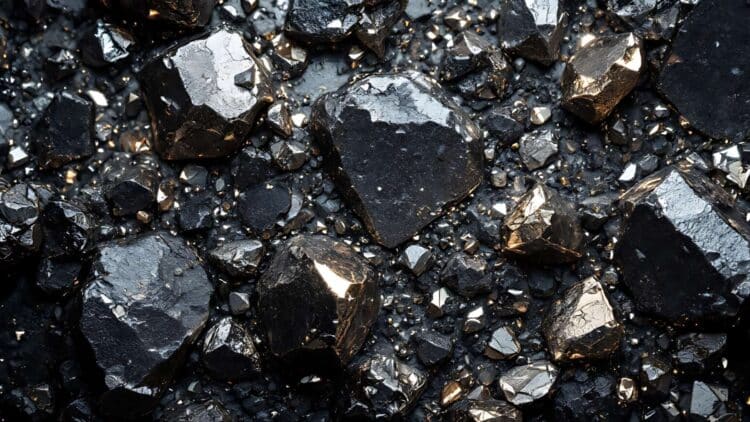Few people today consider where the materials used to manufacture the battery they are using come from. However, the products used to create all the batteries that power today’s technology have to come from somewhere. Electric cars, electric scooters, countless wireless electronic devices—everything around us is being transformed into technology that does not depend on electricity, but on batteries.
The few of those who know enough about technology and macroeconomics will know that there is constant competition for the rare minerals used to manufacture lithium batteries. Of these technology lovers, there is an even smaller percentage of people with a grasp of macroeconomics who have a vague idea of where the largest deposits of these rare earths are located: we know there are some in North Korea, the deserts of Chile, and in some parts of Africa that they don’t want to tell us about.
What if I told you that an international energy company has just confirmed that one of the largest lithium deposits is currently located in Germany? It seems that the European Union bureaucrats’ obsession with electric cars may finally become a reality.
Lithium deposit in Germany
But where exactly in Germany? The discovery was made in the Altmark region (in Saxony-Anhalt). Not only have they found lithium, but they have calculated that there are some 43 million tons of LCE (Lithium Carbonate Equivalent). This would be equivalent to finding oil on your land at the end of the 19th century.
The company that confirmed this is Neptune Energy, a firm that originally focused on oil and gas exploration. Given this opportunity, it goes without saying that it is shifting to “clean energy.” This discovery was also validated by another independent agency, Sproule ERCE.
To put the size of the deposit found into context, we must compare it with the famous “lithium triangle,” located between Argentina, Bolivia, and Chile. This triangle contains a total of about 50 million tons of lithium. In other words, the German deposit is almost on par with half of the world’s currently known reserves.
This deposit may finally contribute to the German automotive market, which has been forced by Brussels bureaucrats to switch to electric vehicles without having the supply independence that China, for example, enjoys (which currently leads the automobile market by a wide margin). Not depending on foreign countries for imports of materials will be key to the development of the European economy.
Lithium extraction in Europe
Before environmentalists start throwing their hands up in horror (after all, mineral extraction is usually a highly polluting industry), we have some good news for our readers. Right now, the German solution is going to be a type of direct lithium extraction (DLE), unlike the traditional methods currently in use.
It involves a smart chemical filter to separate lithium from underground brine. This does not require evaporation ponds, minimizes land use, and the process is much faster than the brine methods used in South America, for example.
Overall, this is excellent news for Europe and its automotive industry. It will finally be independent from the current monopolies: Australia, which is the main producer; Chile, which has the largest reserves; and China, which dominates the processing of raw materials into battery components. Resource independence means that the European economy will not be subject to external tariffs or need to depend on other countries for something as valuable as lithium.
With this new domestic source of resources, Europe will save itself many geopolitical risks. Needless to say, it will also drastically cut the supply chain, as it will not have to import batteries from thousands of miles away. In addition, it will be able to ensure that the extraction of this mineral is done in the most effective and least polluting way possible. The project is moving from the pilot phase to the commercial phase, and the Altmark region could be key to ensuring the transition to electric vehicles in Europe.

